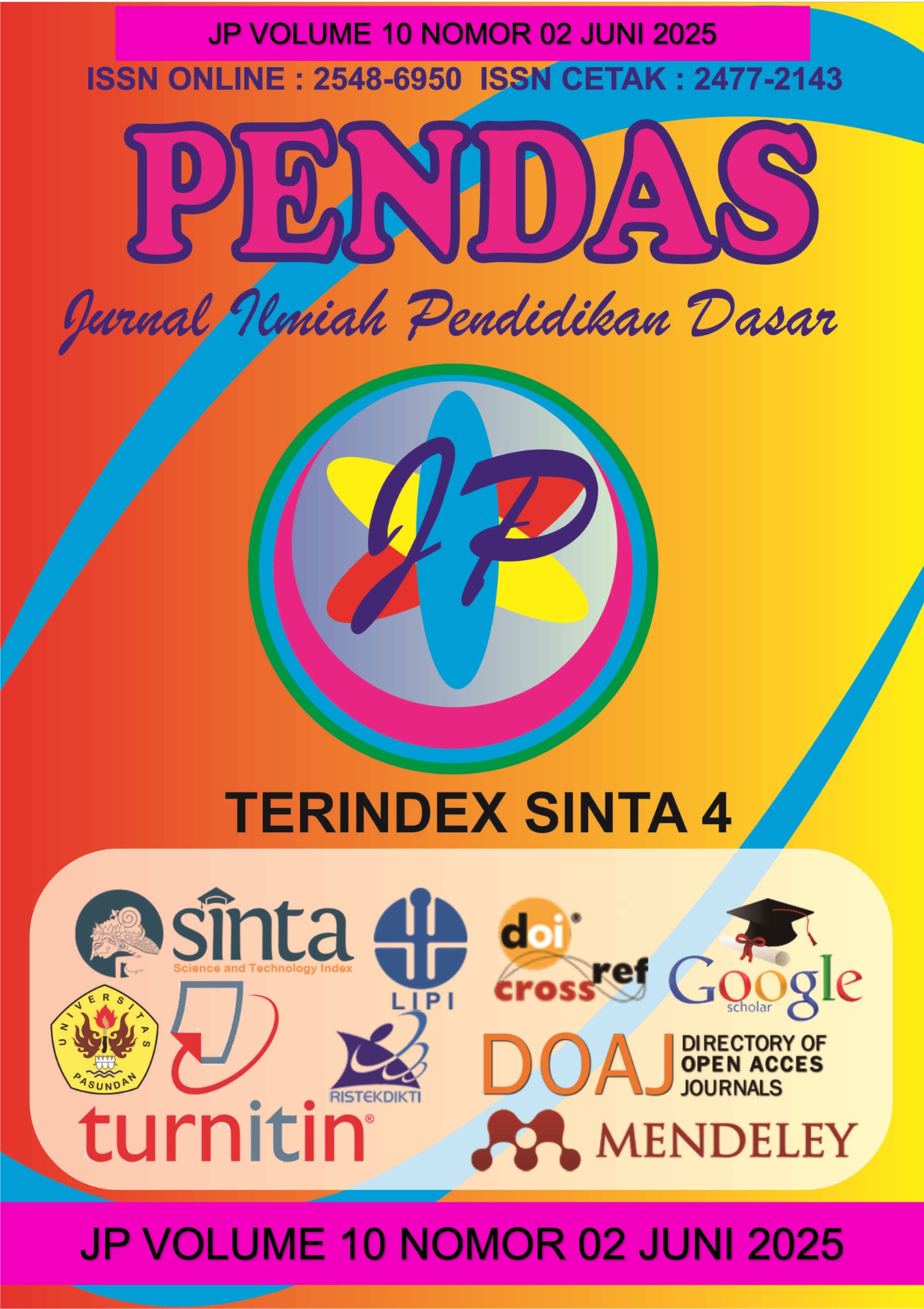INTEGRITAS KONTEKSTUAL REFORMASI ISLAM: TELAAH PEMIKIRAN FIKIH DAN FILSAFAT FAZLUR RAHMAN
DOI:
https://doi.org/10.23969/jp.v10i02.24362Keywords:
historical-hermeneutical, islamic law, fazlur rahmanAbstract
This research aims to examine the relationship between the historical-hermeneutic approach, Karl Polanyi's dual-movement theory, and the relevance of moral philosophy and Islamic law in responding to the challenges of modernity, with a special focus on the reformist thought of Fazlur Rahman. The problems raised are the stagnation of Islamic thought due to the dominance of taqlid, the lack of a contextual approach, and the disconnection of the ethical dimension in the application of Islamic law in the era of globalization. This research uses a qualitative method with a descriptive-analytical approach and library research, to explore the main concepts and thoughts of the characters through text analysis and synthesis of ideas. The results of the study show that the historical-hermeneutic approach is able to open up the space for understanding religious texts in a contextual and reflective manner, the theory of dual movements provides a framework for analysis of socio-economic dynamics in Islamic history, and Islamic moral philosophy is an important foundation in maintaining the relevance of Islamic law. Meanwhile, Fazlur Rahman's thinking offers solutions through the renewal of ijtihad, a holistic understanding of the Qur'an, and the strengthening of the ethical dimension in Islamic law. These findings affirm the importance of integration between historical contexts, ethics, and rationality in building responsive and transformative Islamic thought in the modern era.
Downloads
References
Ardiansyah, Nanang. “KONSEP PEMIKIRAN PENDIDIKAN ISLAM”. Jurnal Ilmiah Kependidikan. Vol. XIII No. 2 (2020), h. 154–66.
Eza Aulia. “Kodifikasi Hukum Islam Sebagai Ius Constituendum Terhadap Living Law Yang Hidup Di Dalam Masyarakat”. Jurnal Ius Civile. Vol. 3 No. 2 (2019), h. HH 1-11.
Indra, Dkk. “Kontribusi Filsafat Moral dalam Meningkatkan Karakter Kinerja pada Masyarakat Produktif”. Jurnal Filsafat Indonesia. Vol. 5 No. 1 (2022), h. 74.
Kurnia, Ryzka Dwi. “Pemikiran Fazlur Rahman Mengenai Politik Islam Fazlur Rahman ’ s Thinking About Islamic Politics”. Jurnal Hukum Tata Negara dan Politik Islam. Vol. VIII No. II (2023), h. 25–41.
Mabruri. “Pengertian Taqlid dan Praktiknya dalam Islam, Pahami Hukum dan Dampaknya”. https://www.liputan6.com/hot/read/5401340/pengertian-taqlid-dan-praktiknya-dalam-islam-pahami-hukum-dan-dampaknya?page=2 2023.
Mubarak. “Eksistensi Taqlid dalam Konteks Pengalaman Keagamaan di Era Kontemporer Disisi lain kelompok ulama yang memperbolehkan bertaqlid ialah : Said Ramdan al Buthi dalam Allamadzhabiyyahya mengganjurkan umat islam untuk bermadzhab pada satu imam tertentu : al-m”. Aladalah: Jurnal Politik, Sosial, Hukum dan Humaniora. Vol. 2 No. 4 (2024), h. 253.
Munir, Arsyul. Mozaik Pemikiran Islam Modern. Jawa Barat : Perkumpulan Rumah Cemerlang Indonesia ANGGOTA IKAPI, 2024.
Musyahid, Achmad. “Sejarah kodifikasi hukum islam dan pengembangan teori hukum modern”. Jurnal Hukum Diktum. Vol. 10 No. 1 (2012), h. H 12.
Prastowo, Yustinus, dan Abstraksi. “Gerak-Ganda: Sebuah Pemecahan Etis atas Konsep Pasar Yustinus”. Jurnal Respons. Vol. 15 No. 02 (2010), h. 263.
Sidik, Humar, dan Ika Putri Sulistyana. “Hermeneutika Sebuah Metode Interpretasi Dalam Kajian Filsafat Sejarah Pendahuluan”. |JURNAL AGASTYA. Vol. 11 No. 1 (20221), h. H 23.
Suarni. “PEMBAHARUAN PEMIKIRAN KEAGAMAAN: STUDI TERHADAP PEMIKIRAN KEAGAMAAN FAZLUR RAHMAN”. Substantia. Vol. 18 No. April (2016), h. 101–8.
Subandi, Yeyen. “Gerakan Pembaharuan Keagamaan Reformis-Modernis : Studi Terhadap Muhammadiyah dan Nahdlatul Ulama”. Resolusi Vol. Vol. 1 No. 1 (2018), h. 54–66.
Downloads
Published
Issue
Section
License
Copyright (c) 2025 Pendas : Jurnal Ilmiah Pendidikan Dasar

This work is licensed under a Creative Commons Attribution 4.0 International License.














































